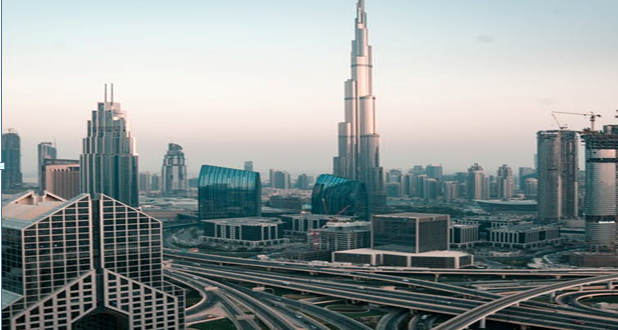Prayer time in Dubai UAE, Muslim prayer is not an act of worship, it is considered as the purification of the heart, a physical, mental, and spiritual opportunity to communicate with God, Over billions of Muslim people all around the world pray five times a day, in the morning, afternoon, at sunset, at night, praying has to be done facing the Kaaba in Mecca. You usually stand, incline and prostrate before GOD, while reciting from the Quran. Praying is a central pillar of Islamic belief, it is a for you to remember and thank GOD for all the blessings he has provided you health, family members, food, friends, home, and life.
Muslims have to physically purify with water, they wash their hands, face, and other extremities. The purification also acts as the way of washing your sins away. You wash your mouth if you said something you should not have, wash your eyes if you saw something you should not have your feet if you have walked towards a place you should not be in, and so on. Prayers are made up of cycles called or known as the Rakaat, for instance, morning prayers, are the shortest ones with only 2 rakaat. Sunset prayers are made up of three rakkaat, while the afternoon and evening prayers are made up of the 4 rakaat, each cycle of prayer comprises of specific movement and the recitation.
Prayer is the most regular activities in the Muslim’s daily life and one of the most important pillars. While we Muslims are fast just one month for the year, in which we give Zakah once in the year, and Hajj is only required once in a lifetime. But praying is a regular act that has to be practiced 5 five times a day.
How many times do Muslims pray each day?
5 five times each and every day Muslims are praying at the same time and facing the same direction.
5 times praying each day called salat in Islam, which is the second of the five pillars of Islam, it requires all Muslims who have reached puberty to worship 5 times daily, facing the holy city Makkah. (women who have recently given birth or women who are menstruating are excluded from the requirement).
Each prayer of the five-time praying consists of a number of mandatory Rakaat.
- Fajr: 2 Rakkat prayers before dawn before sunrise.
- Dhuhr: 4 four rakaat prayers during the midday time, after the sun has reached the zenith.
- Asr: 4 four rakaat prayers during the late part of the afternoon.
- Maghrib: 3 three rakaat prayers after the time of sunset.
- Isha: 4 four rakaat prayers between after the sunset time and midnight.
Not just in a mosque, Muslims can pray in any clean place, most shopping malls in Dubai (United Arab Emirates, UAE), including community centers and office towers, have dedicated prayer rooms.
Muslims must wash before performing prayers (Wudu):
Wudu is the Islamic producer of cleansing the body parts, this is a type of ritual purification or ablution. Wudu consists of washing the hands, face, and then wiping the head, and finally washing the feet with water.
In Islam, wudu is an important part of ritual purity. It’s governed by Fiqh (the Islamic jurisprudence), which specifies rules concerning hygiene and defines the rituals that constitute it.
In preparation for normal prayers called (Salah or salat), it is typically performed, particularly before handling and reading the Quran. Activities that invalidate wudu include urination, flatulence, deep sleep, defecation, light bleeding, and sexual intercourse.
It is often translated or known as the partial ablution, as opposed to (ghusl) “full ablution”, where the whole body is washed. It also contrasts with tayammum “dry ablution” which uses sand or dust in place of water. Principally due to water scarcity or other harmful effects on the person, the purification of the body and clothes is called Taharah.
While praying Muslims must face in the direction of the Kaaba (Masjid Al-Haram in Makah), Saudia Arab.
From any point in the world, the direction is facing in Kaaba is called Qibla.
Visiting the Mosque (for Non-Muslims):
In Dubai or Abu Dhabi in UAE, there are a number of mosques that allow non-muslim visitors, The Jumeirah Mosque and Omar ibn- Khatab Mosque in Dubai and The Sheikh Zayad Grand Mosque in Abu Dhabi.

